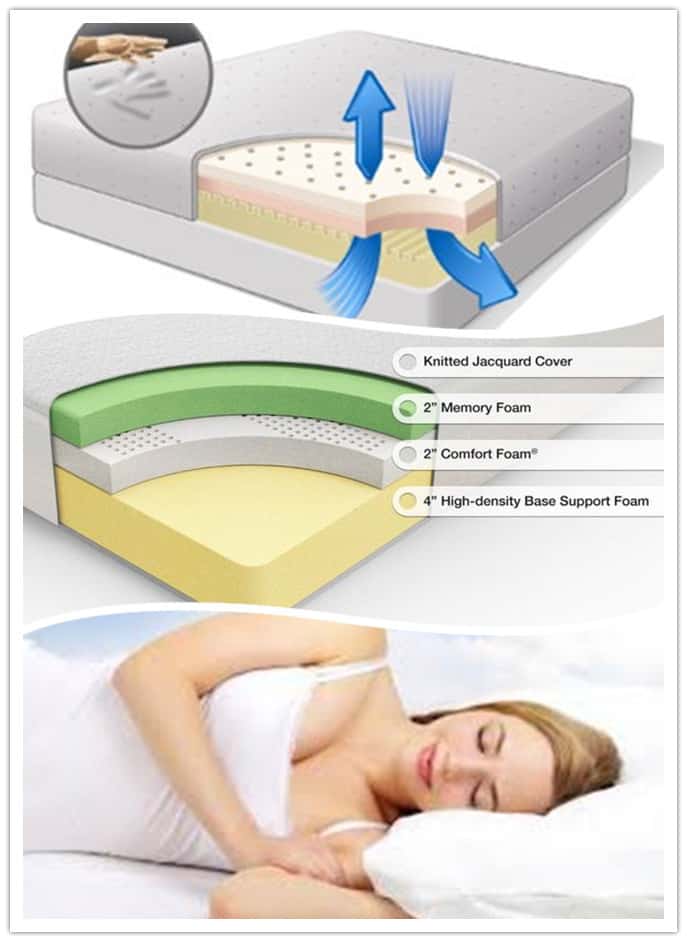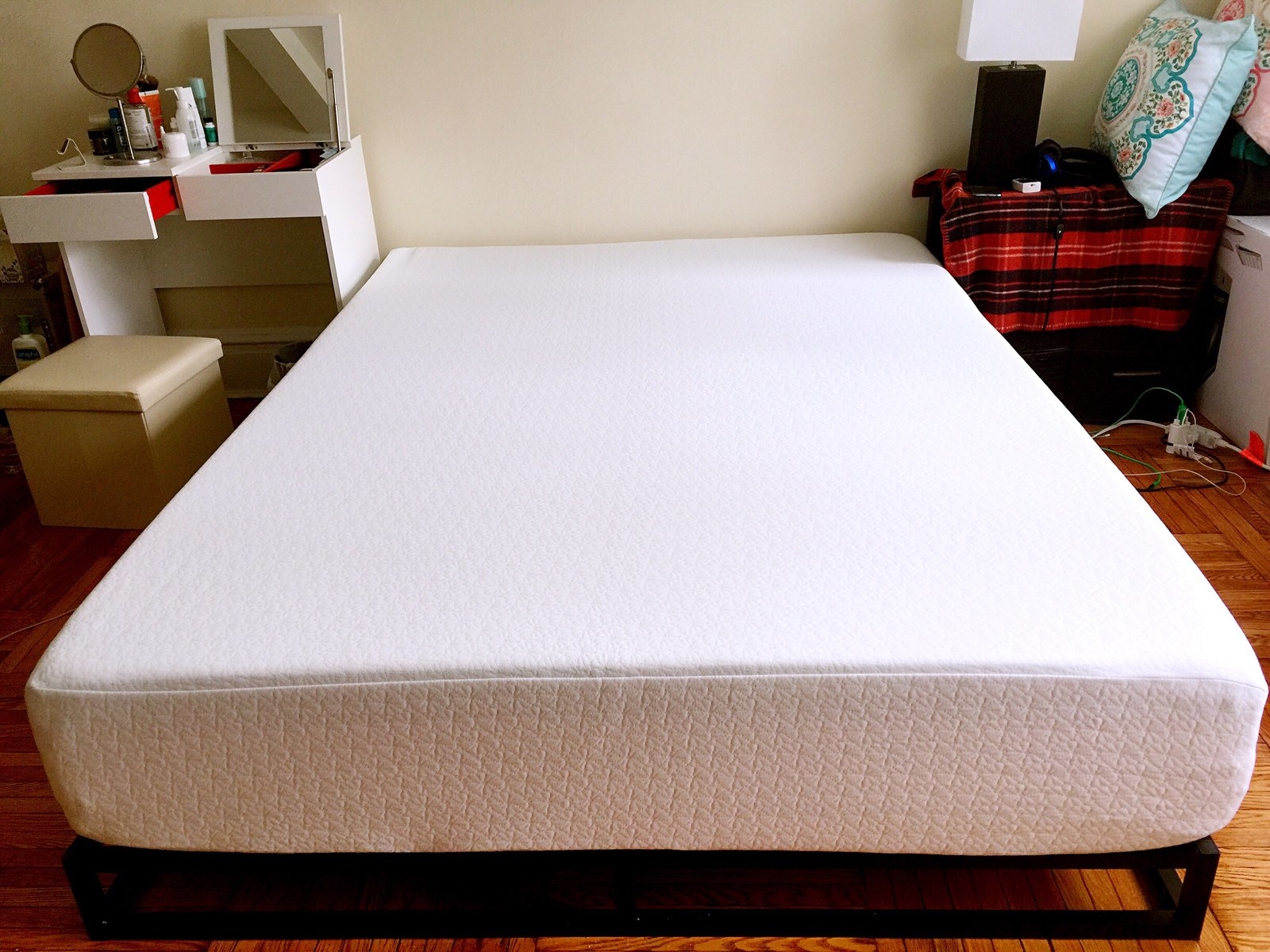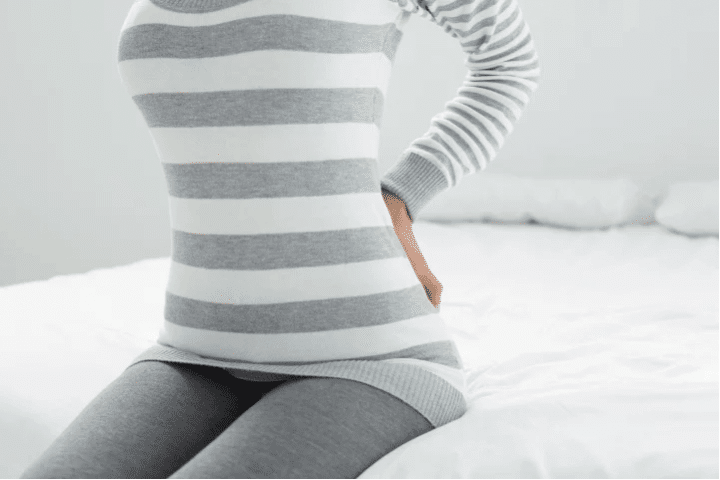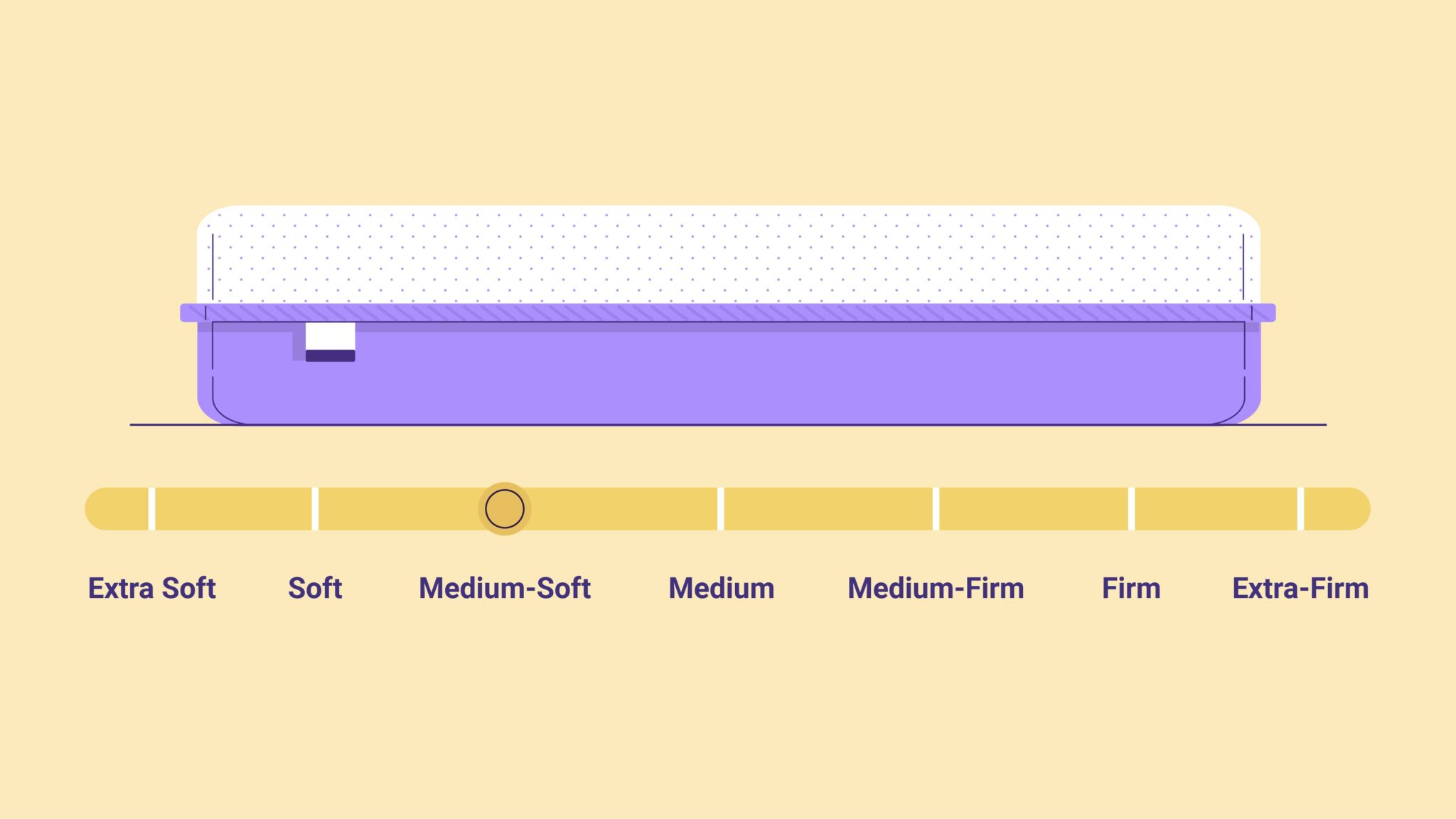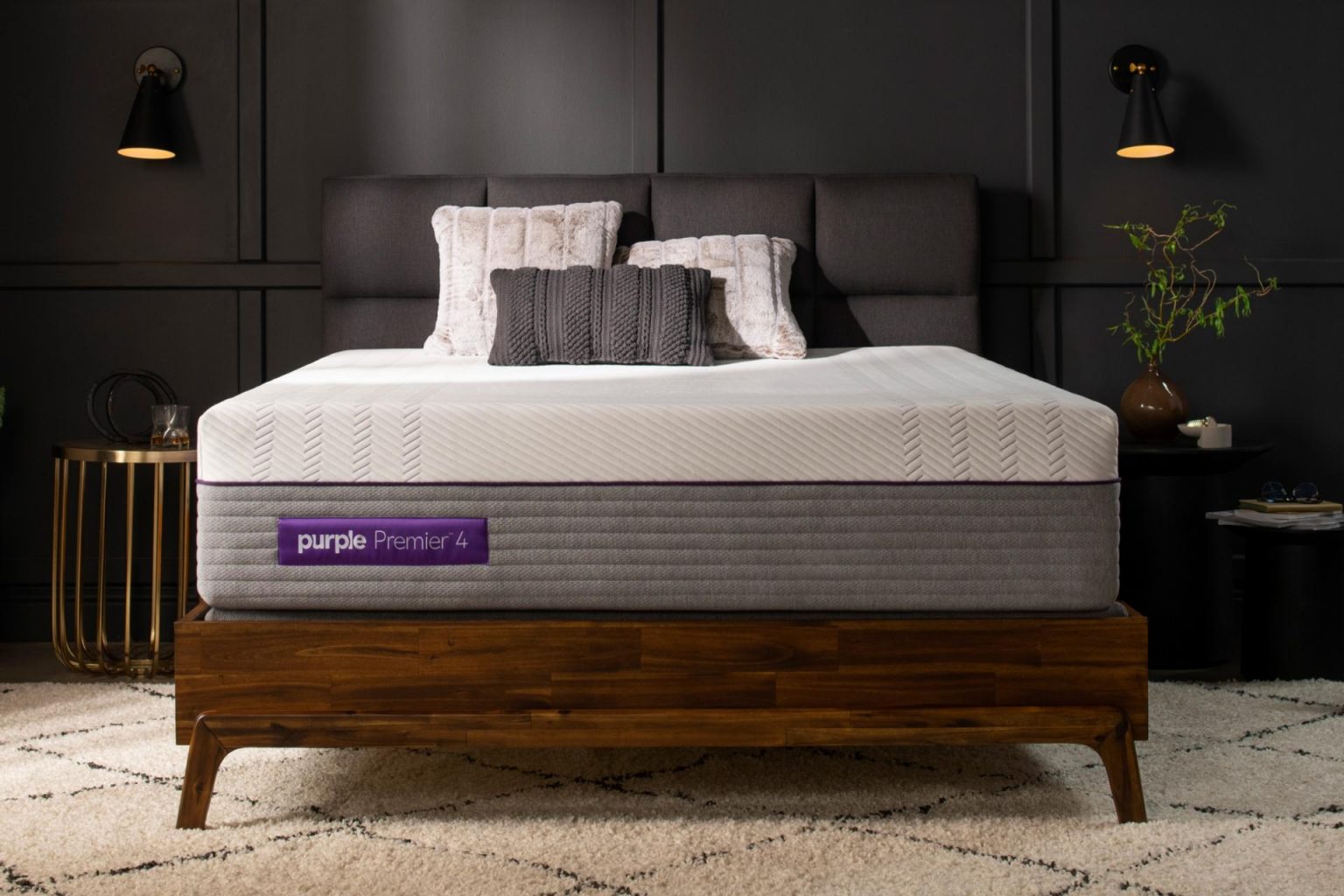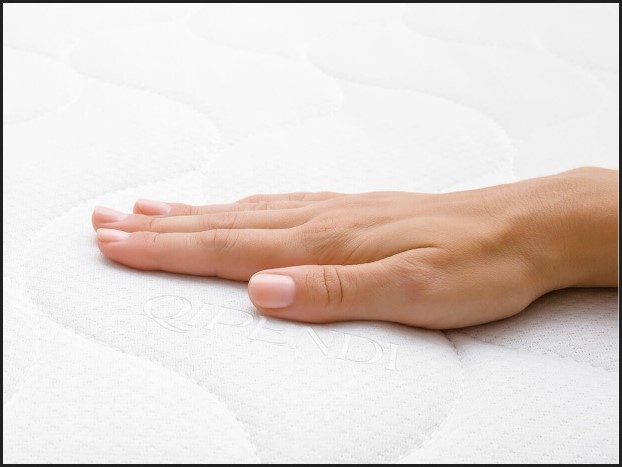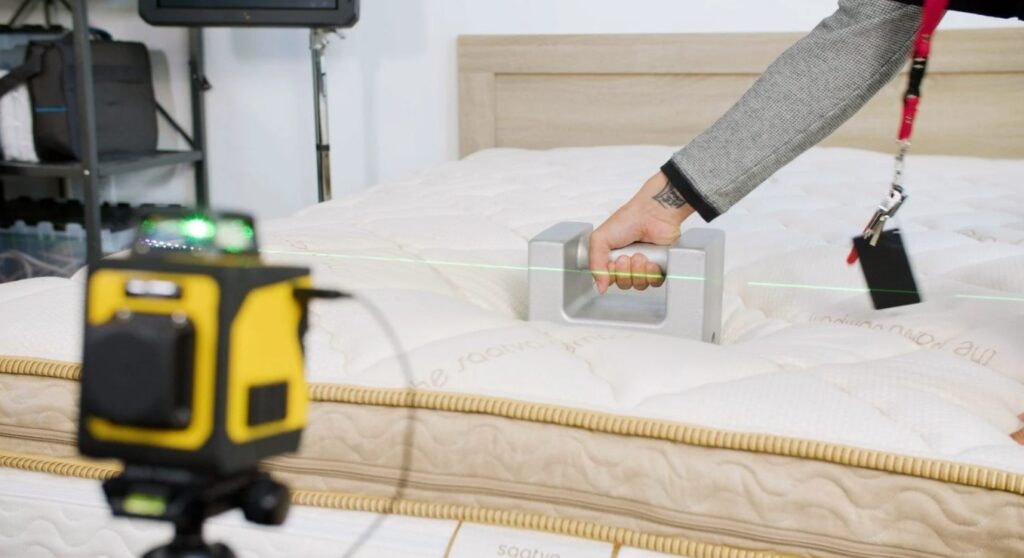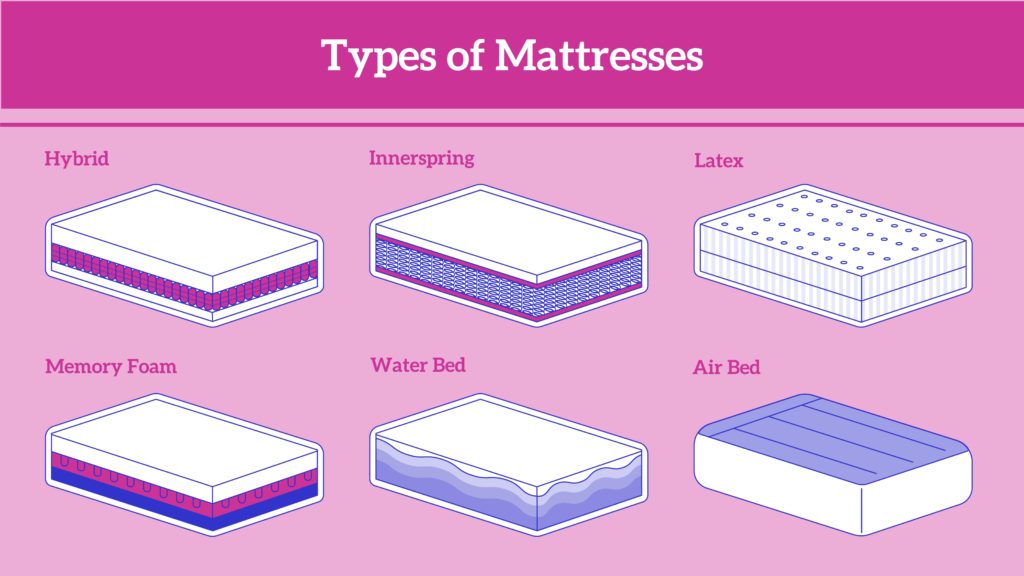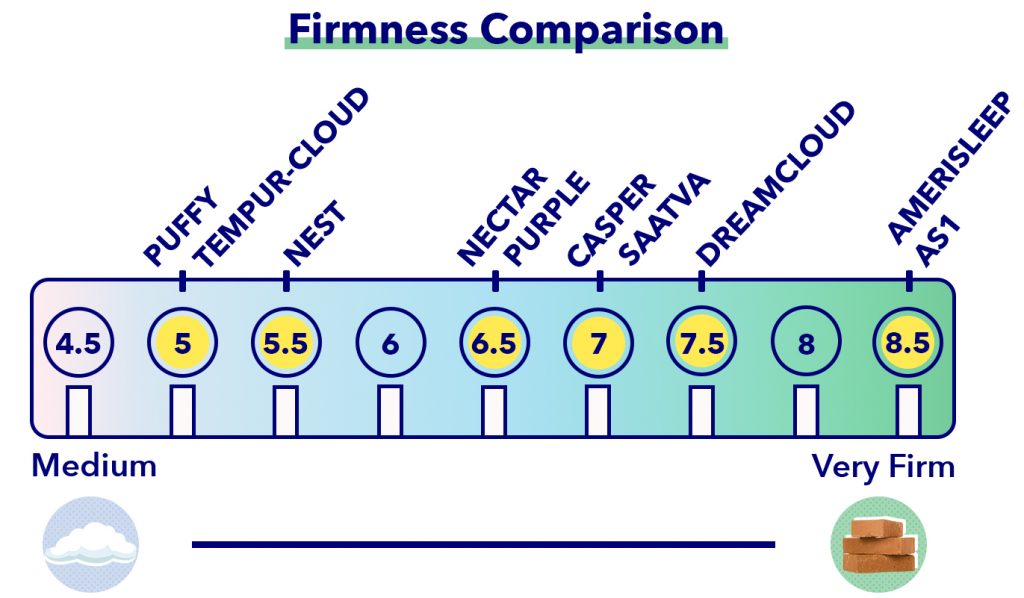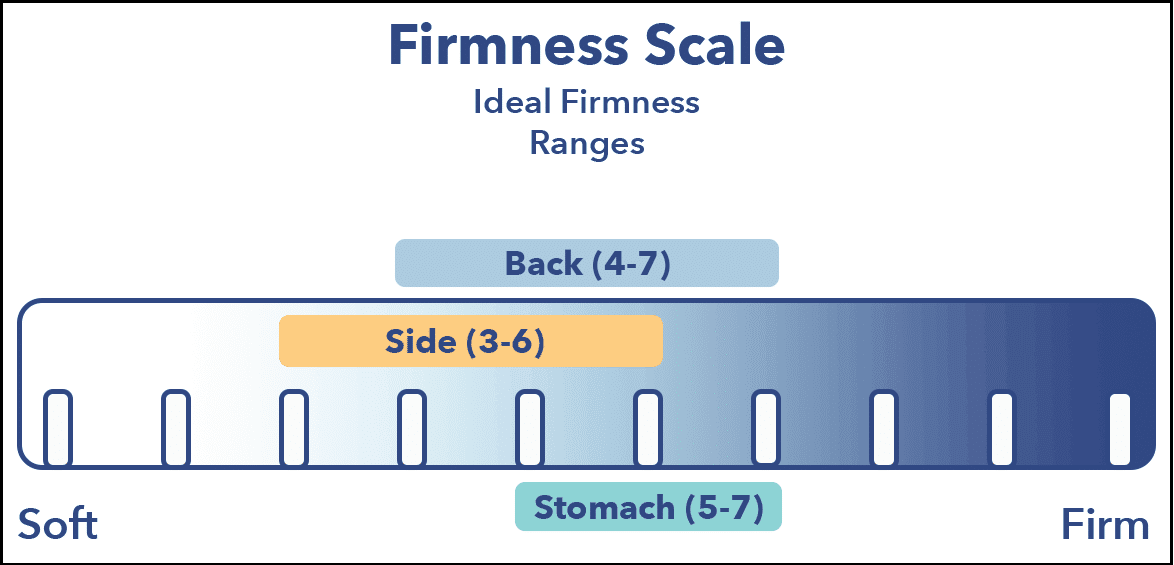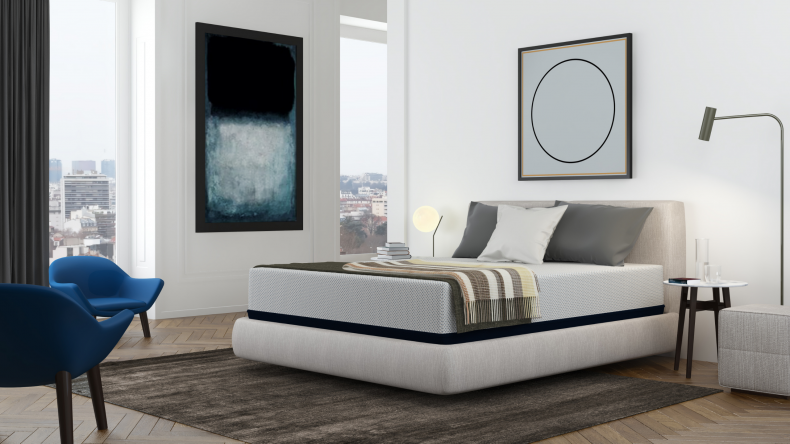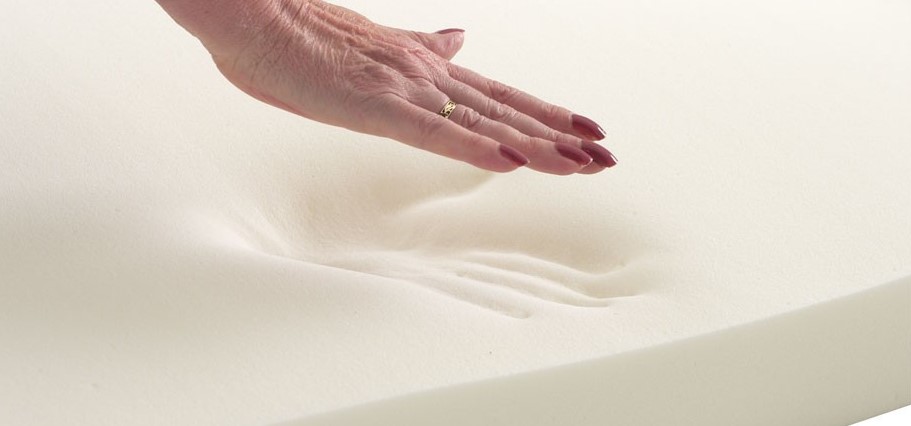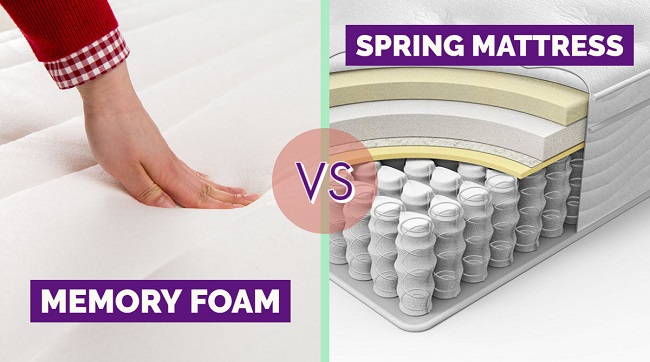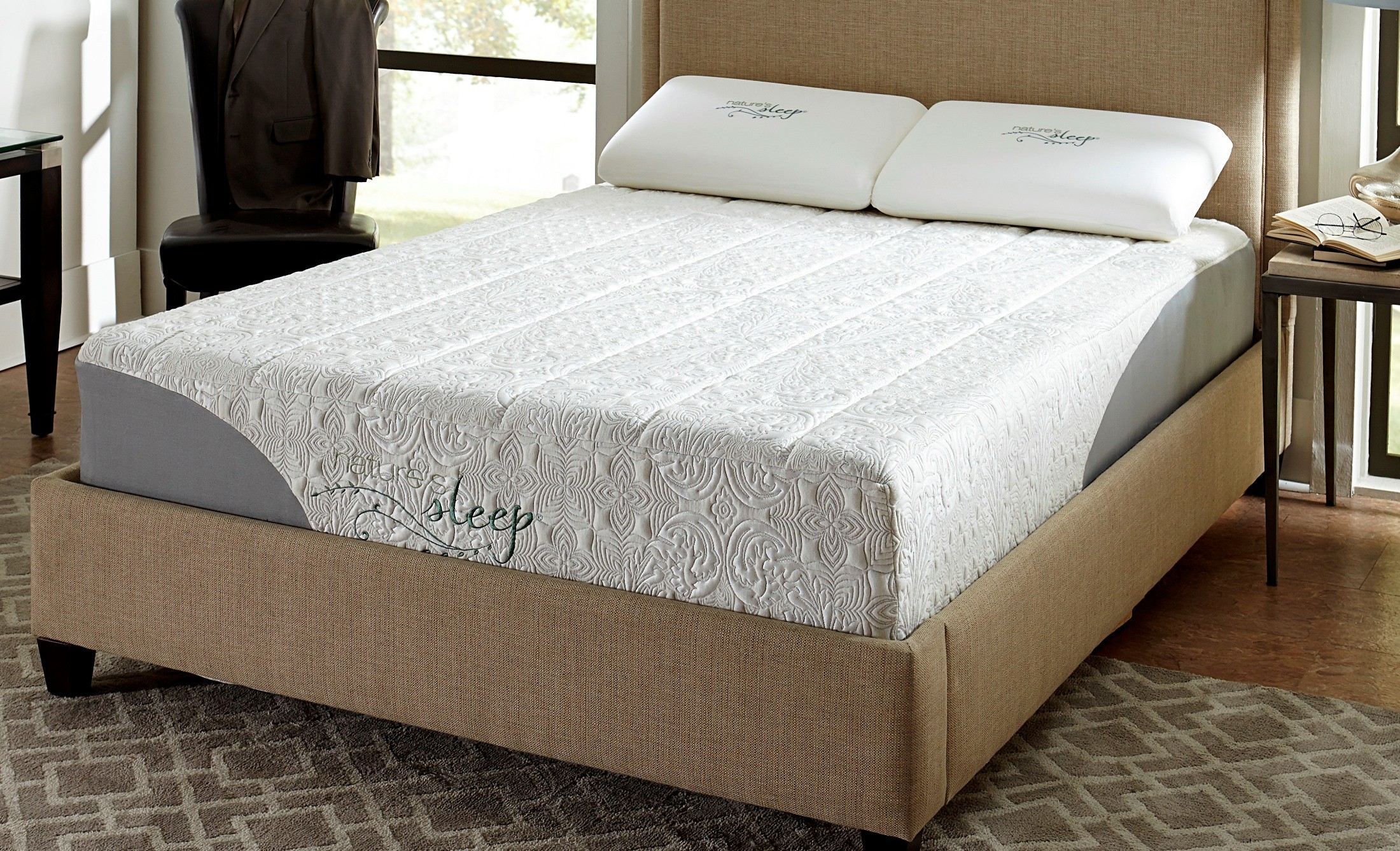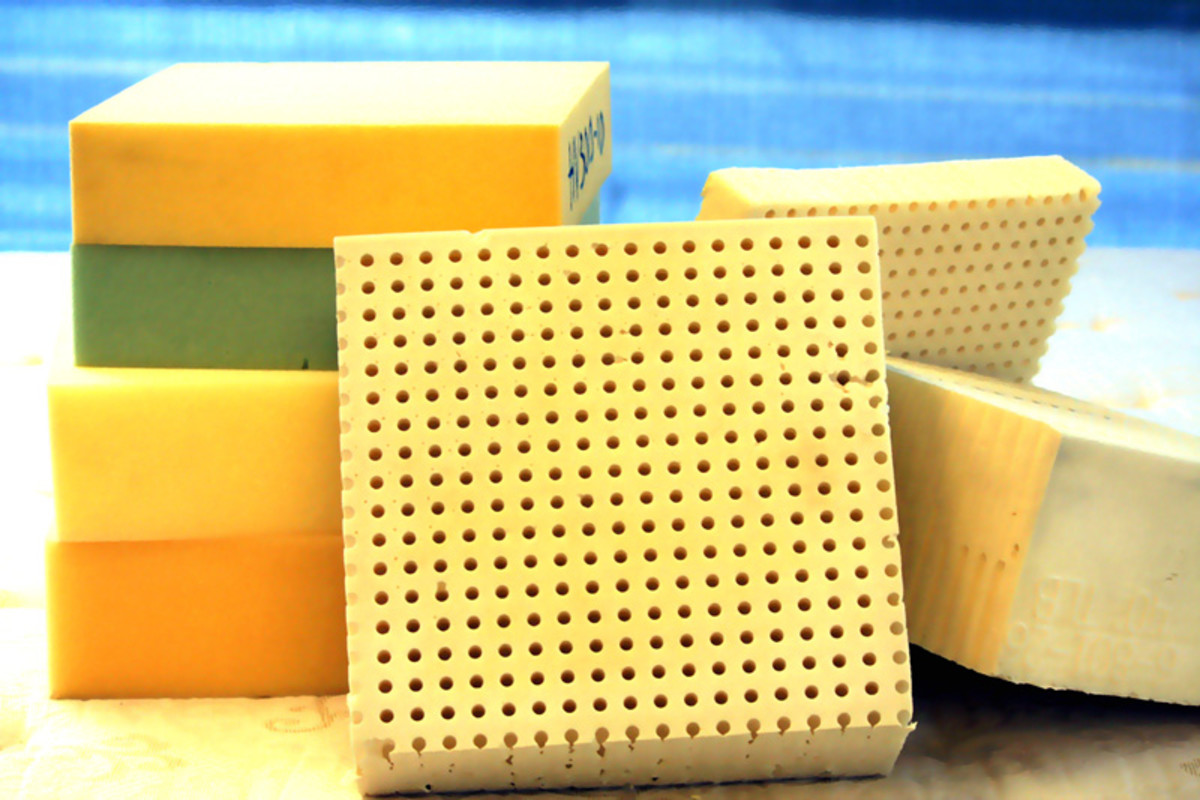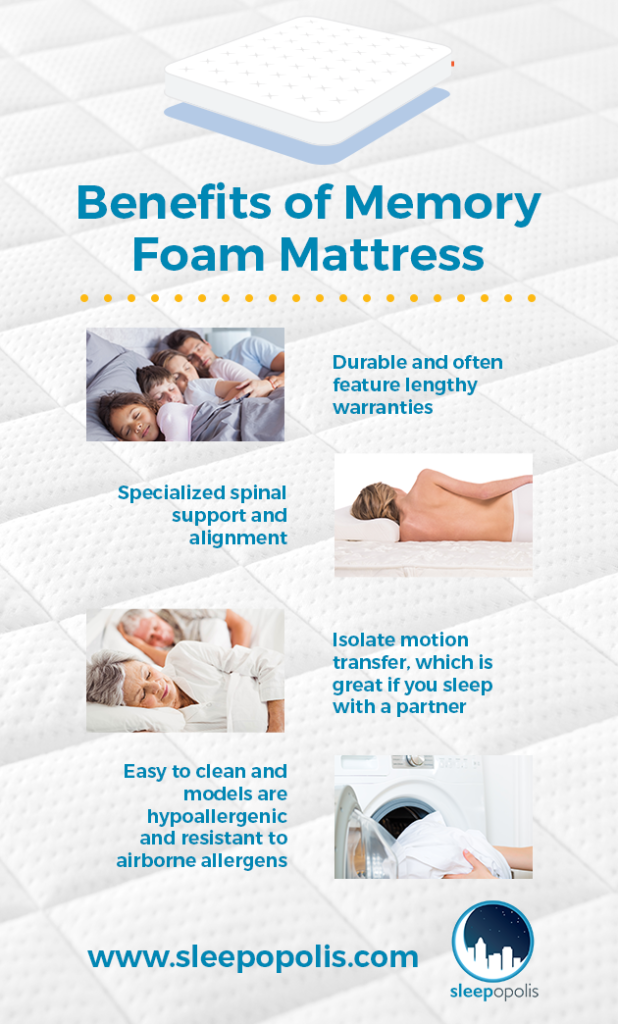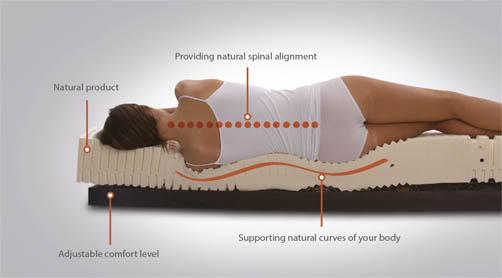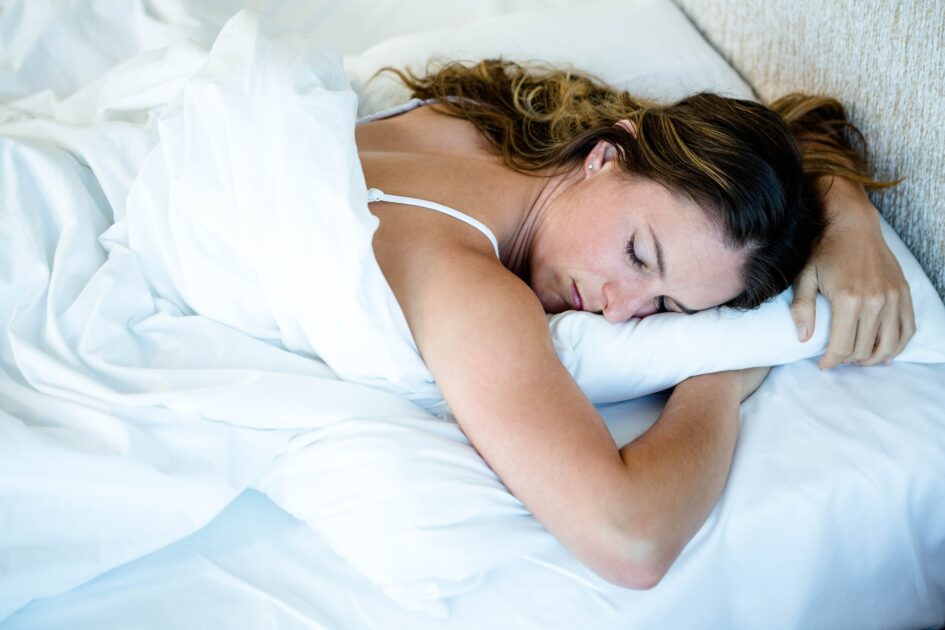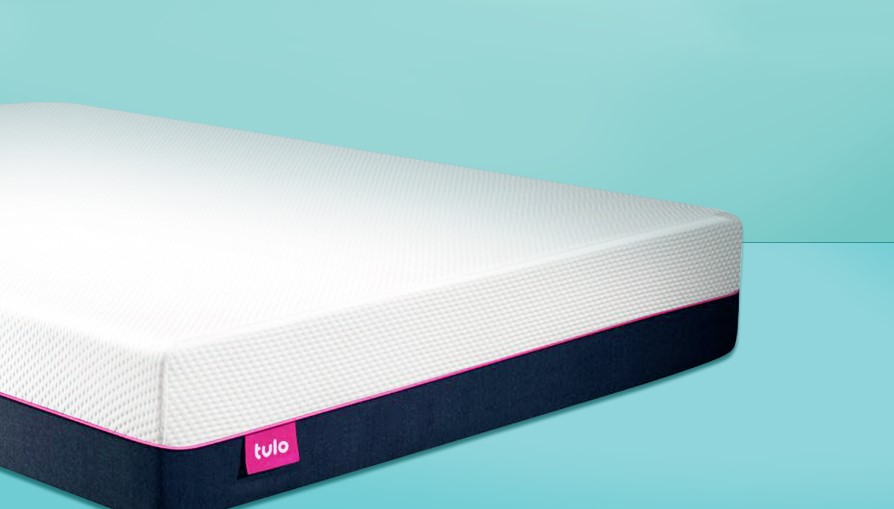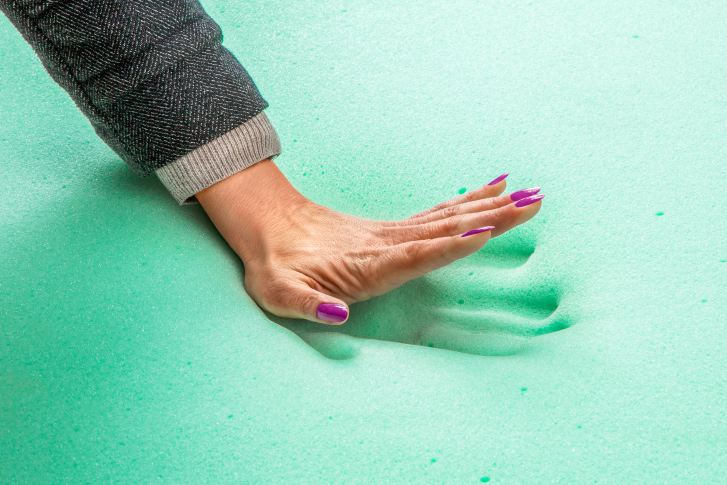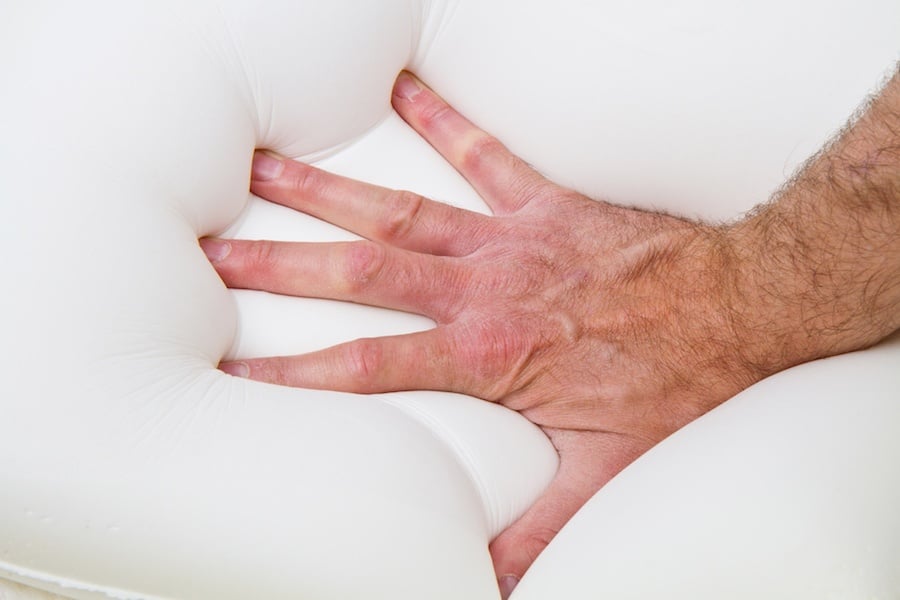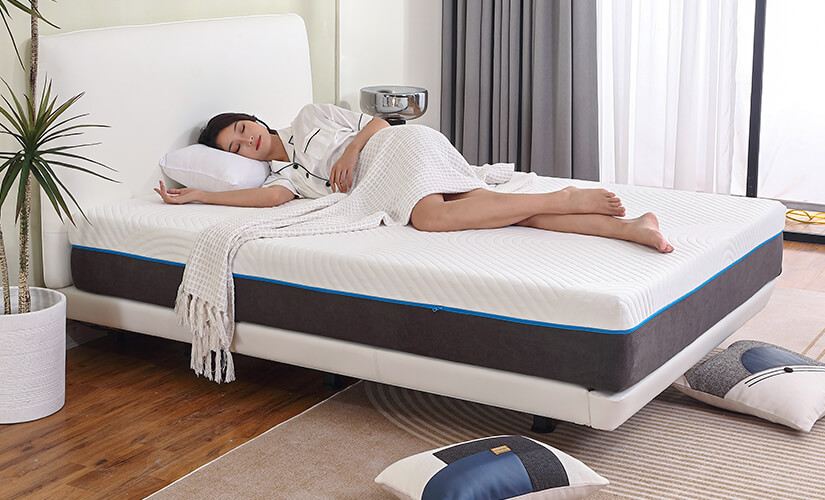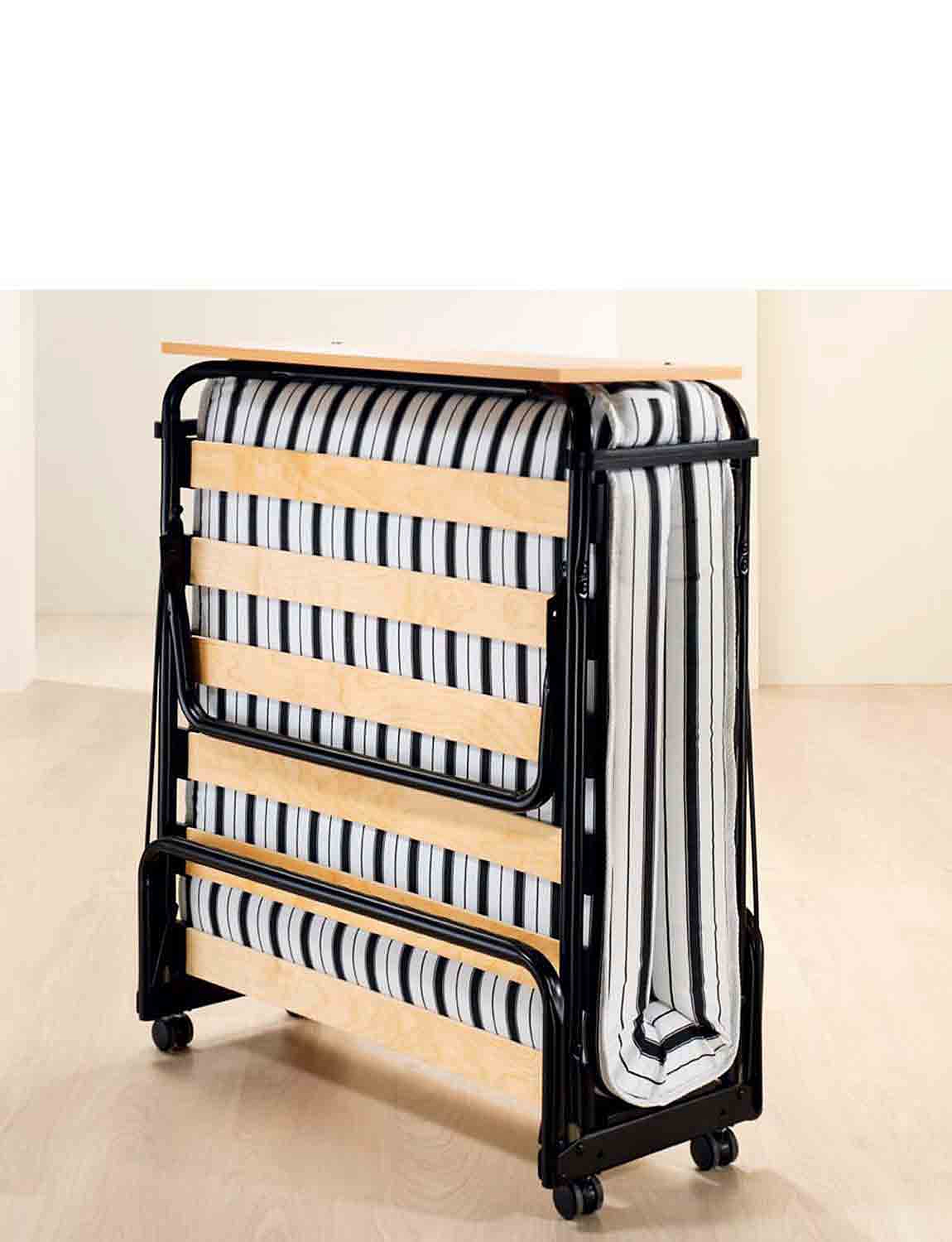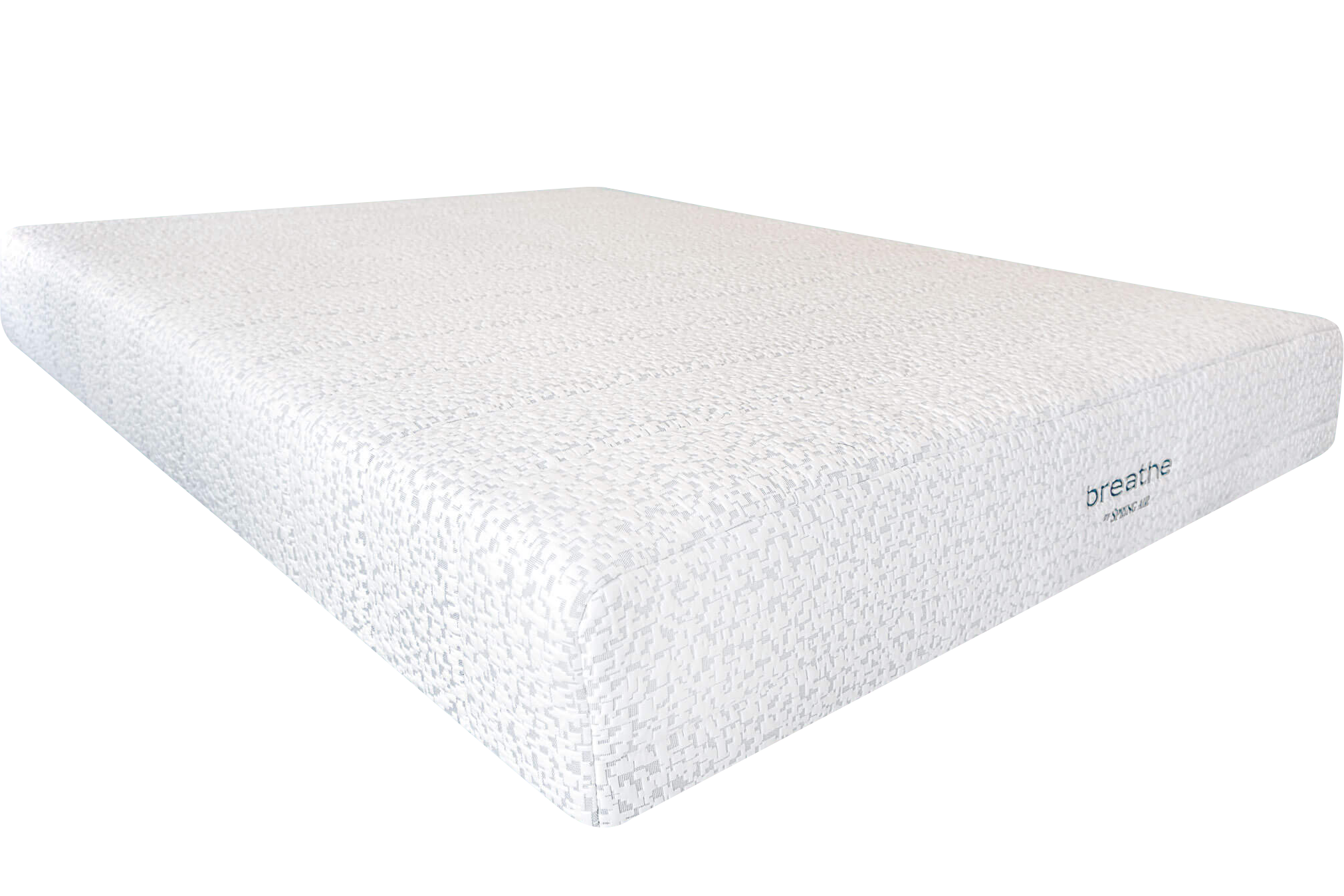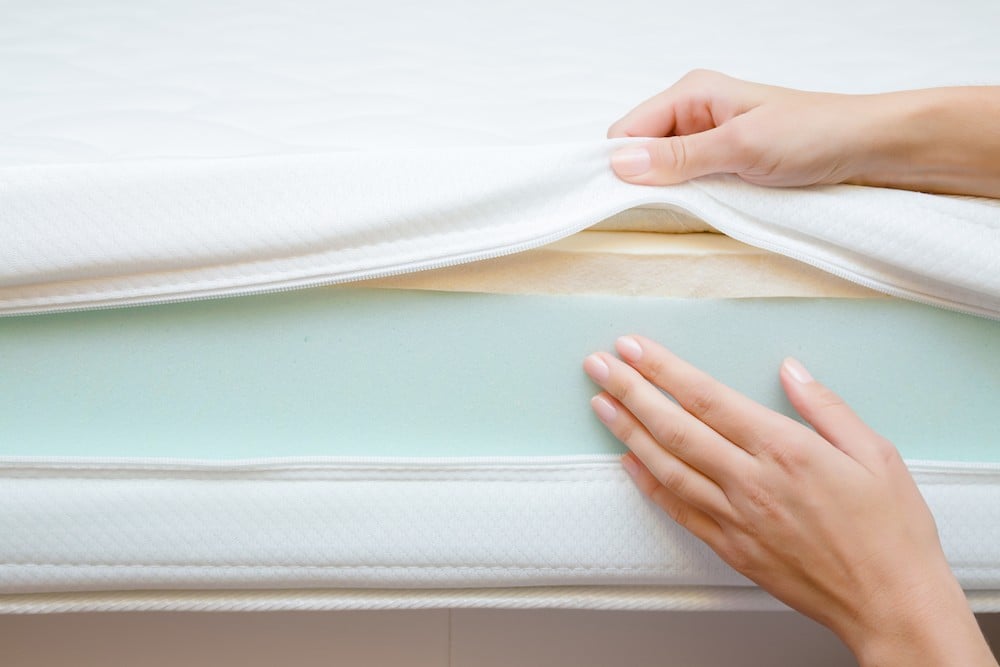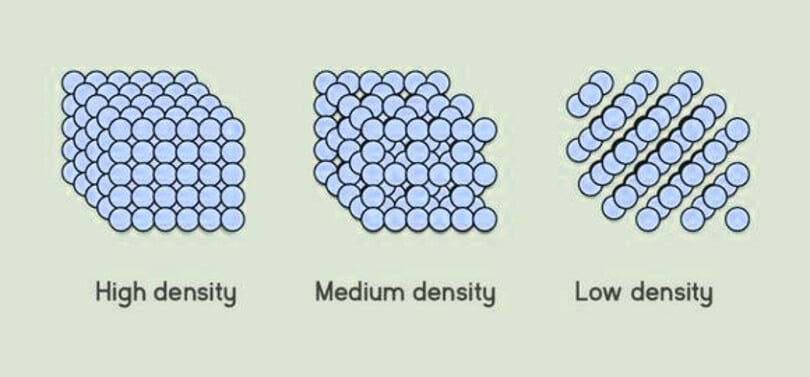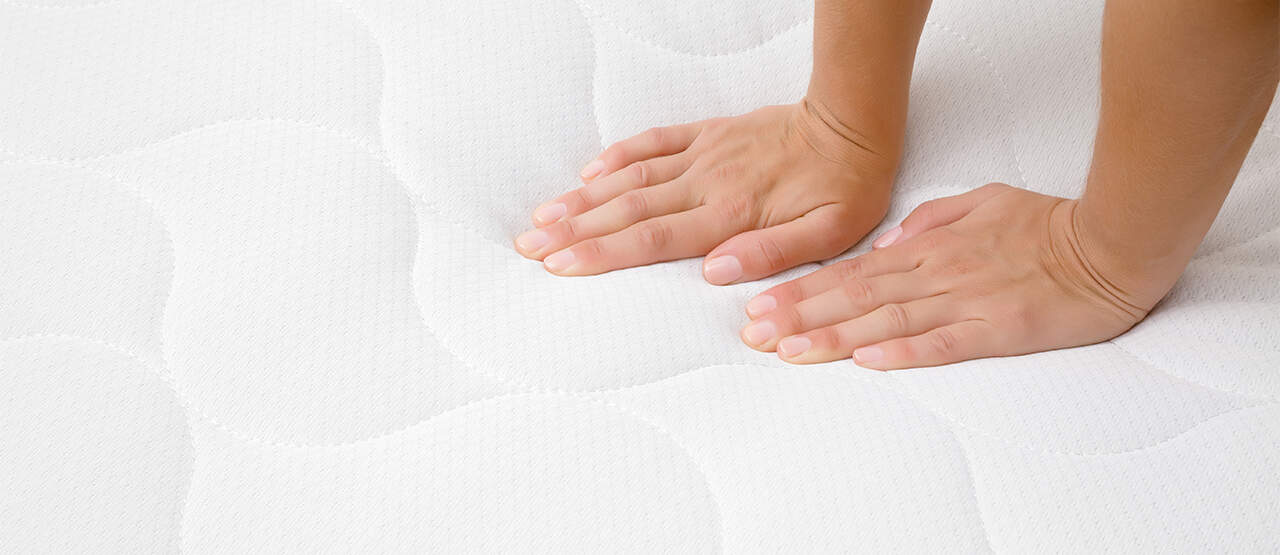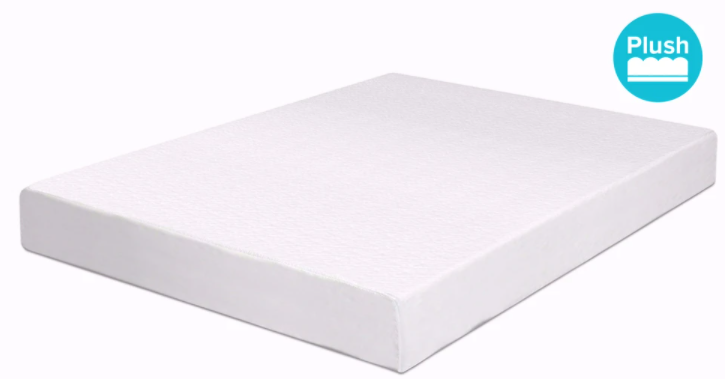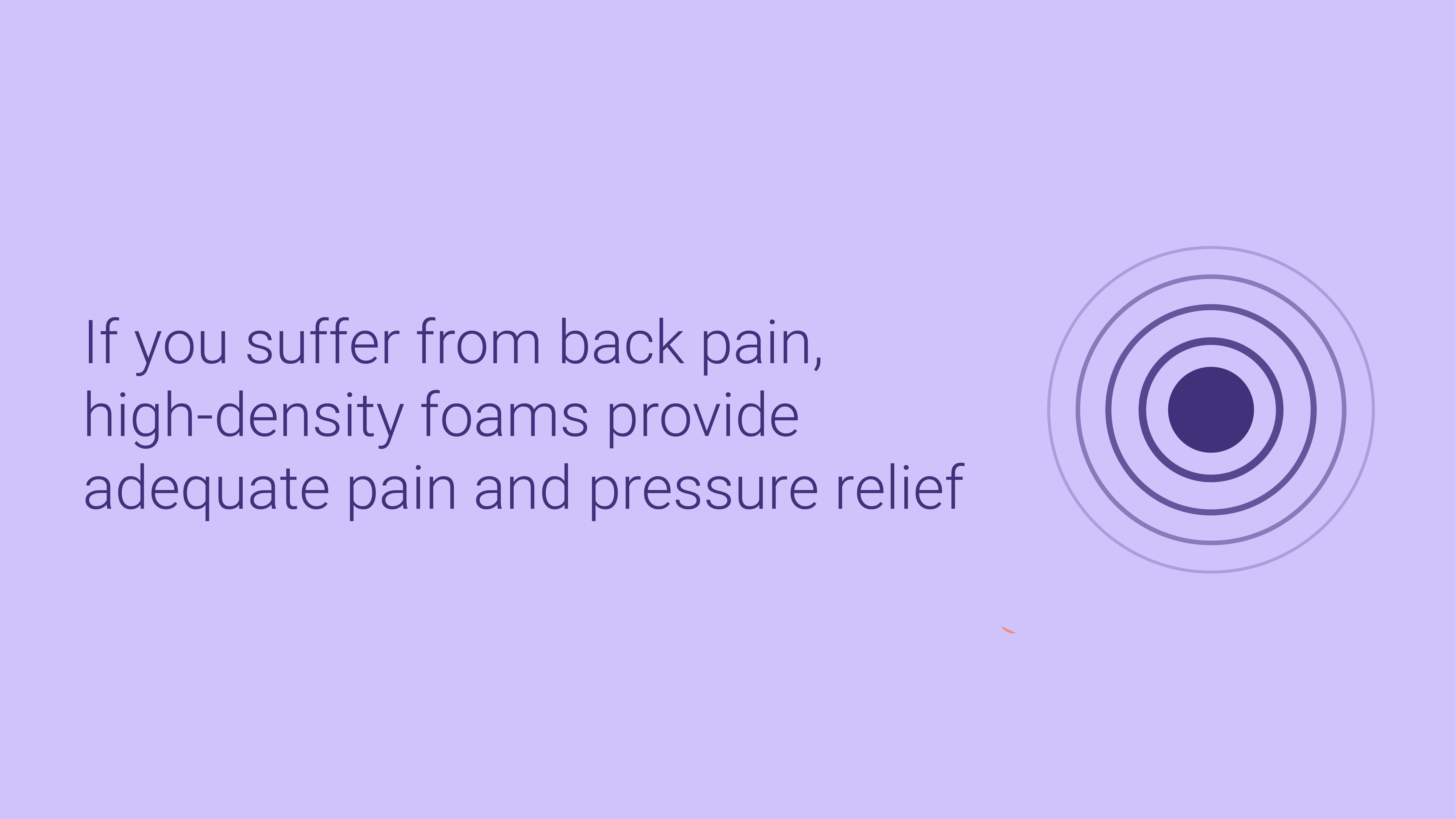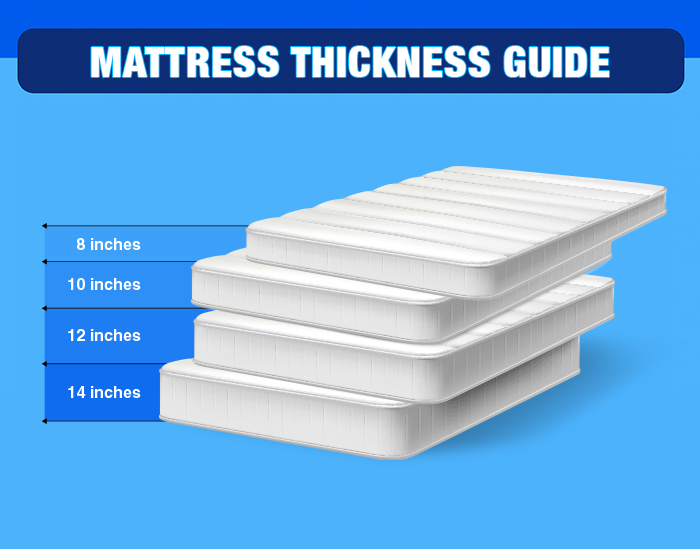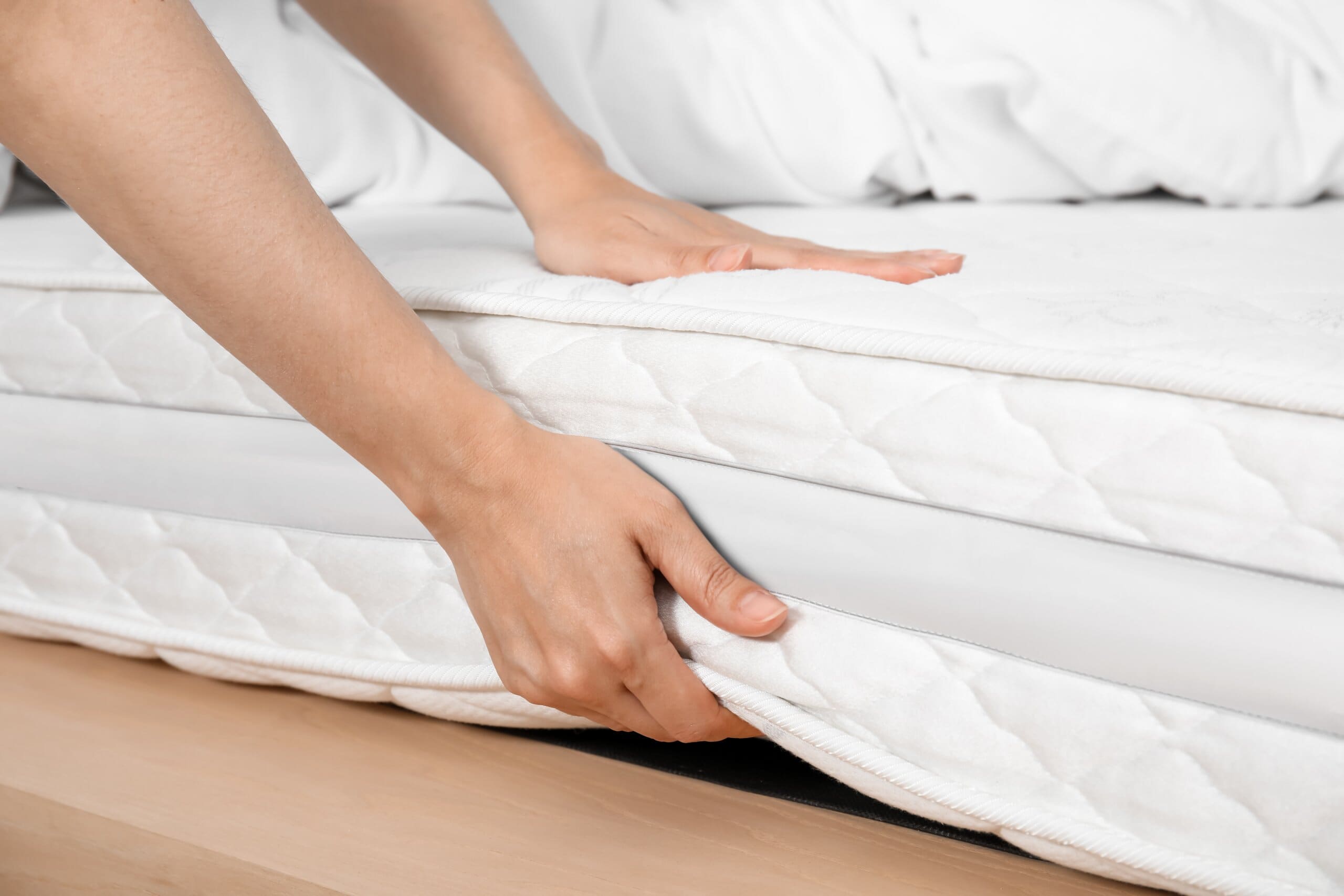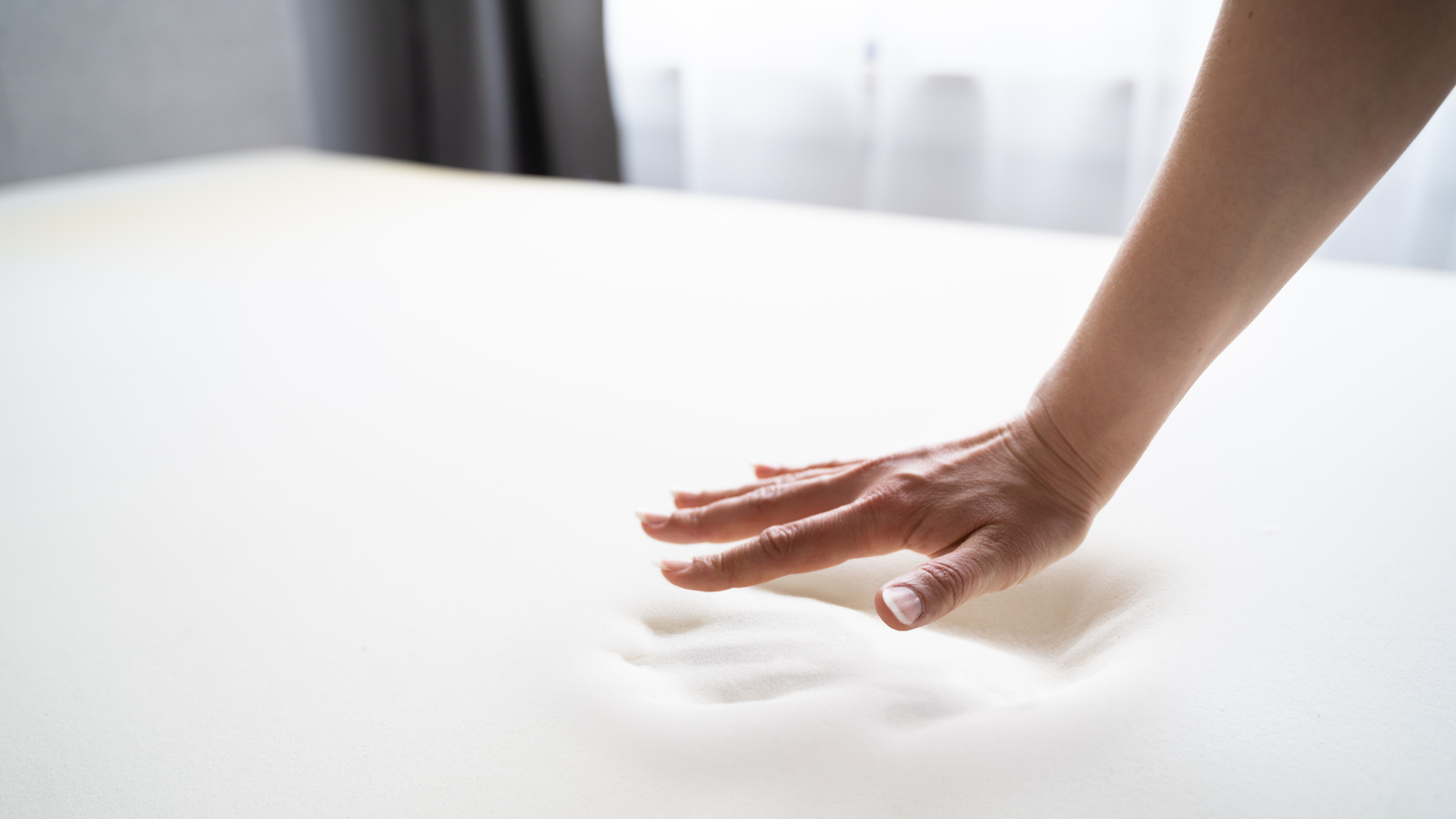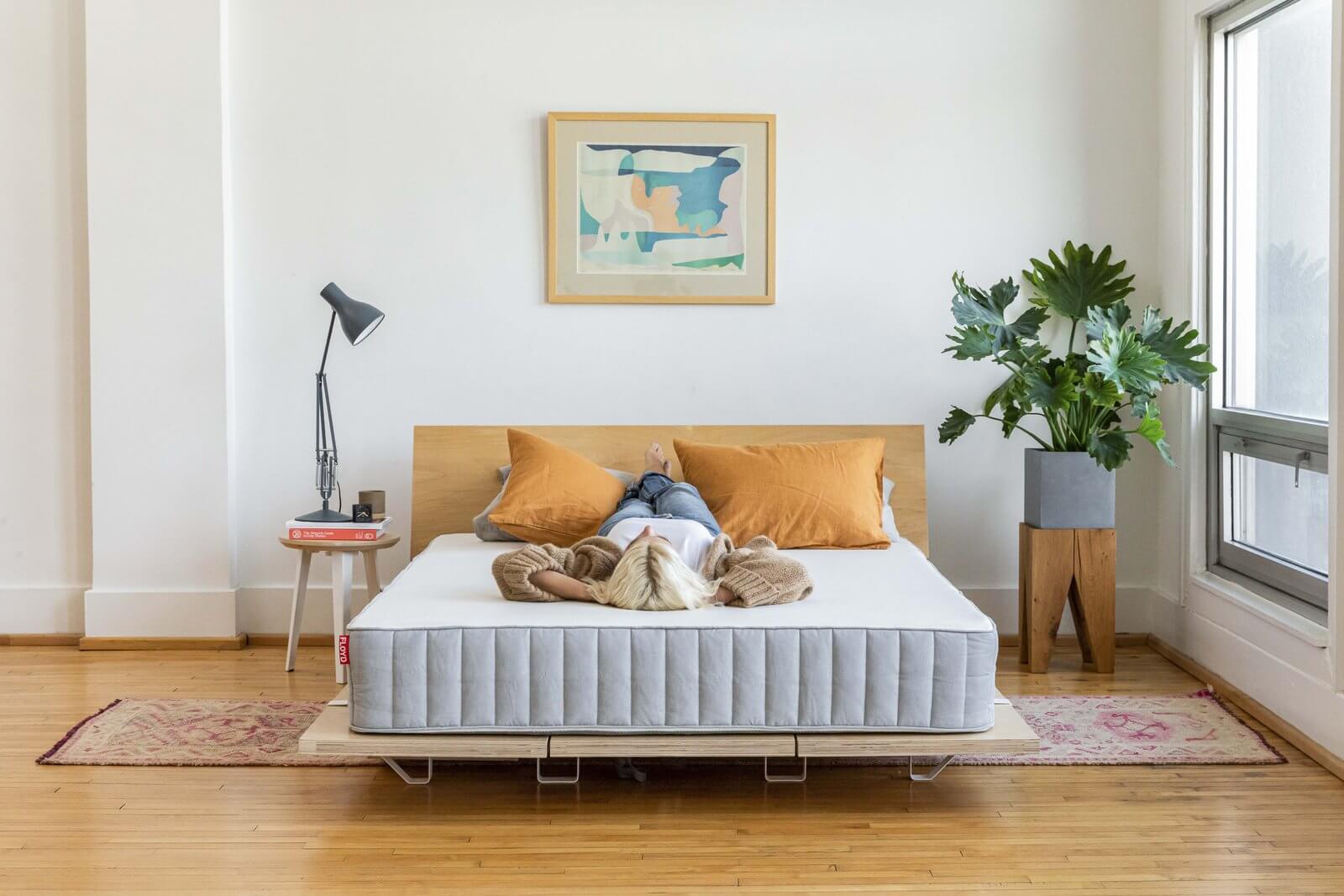If you're in the market for a new mattress, you may have come across the term "memory foam mattress stiffness" and wondered what it means. Stiffness refers to the level of firmness in a mattress, and it plays a crucial role in how comfortable and supportive the mattress will be for you. In this article, we'll explore everything you need to know about memory foam mattress stiffness and how to find the right level of firmness for your needs.Memory Foam Mattress Stiffness: What You Need to Know
When shopping for a memory foam mattress, you'll likely come across options with different levels of firmness, ranging from soft to extra firm. But how do you know which firmness level is right for you? The key is to consider your preferred sleeping position and any specific needs or preferences you may have. If you tend to sleep on your back, a medium-firm to firm mattress will provide the necessary support for your spine. Side sleepers may benefit from a softer mattress that can relieve pressure points, while stomach sleepers may find a medium-firm mattress to be the most comfortable.How to Choose the Right Firmness for Your Memory Foam Mattress
When it comes to memory foam mattress stiffness, it's essential to understand the different levels of firmness available. Here's a breakdown of the most common firmness levels and what they mean: Soft: A soft memory foam mattress will typically have a plush feel and will contour closely to your body. This level of firmness is ideal for side sleepers and those who prefer a softer, more cushioned feel. Medium: A medium memory foam mattress offers a balance between softness and support. It can be a suitable option for all sleeping positions, but it's especially beneficial for combination sleepers who change positions throughout the night. Firm: A firm memory foam mattress will provide a more solid and supportive feel, making it a good choice for back sleepers and those with back pain. It may take some time to get used to a firm mattress, but many people find that it offers excellent support for their spine. Extra Firm: As the name suggests, an extra firm memory foam mattress will be the most rigid and supportive option. It's best suited for back sleepers or those with specific medical conditions that require extra support.Understanding the Different Levels of Firmness in Memory Foam Mattresses
While it's helpful to know the general firmness level of a mattress, everyone's perception of firmness is different. That's why it's essential to test the stiffness of a memory foam mattress before making a purchase. Here are a few ways you can do this: Visit a store: If possible, visit a physical store to try out different memory foam mattresses and get a feel for their firmness levels. Lie down on each mattress for at least 10-15 minutes to get a sense of how it will feel over time. Read reviews: Many online retailers and review sites allow customers to leave feedback on the firmness of a mattress. Reading reviews from people with similar sleeping positions and preferences can give you a good idea of how a particular mattress will feel. Take advantage of trial periods: Some mattress companies offer trial periods, allowing you to test out their product in the comfort of your own home. Take advantage of these offers to see if the mattress's stiffness is right for you.How to Test the Stiffness of a Memory Foam Mattress Before Buying
One of the most significant advantages of a firm memory foam mattress is its ability to provide excellent support for your spine. This is especially beneficial for those with back pain, as a firm mattress can help keep your spine aligned and relieve pressure on your joints. Additionally, a firm memory foam mattress can reduce motion transfer, making it an ideal choice for couples who may be disturbed by their partner's movements during the night. It can also help alleviate snoring and sleep apnea by keeping your airways open and your head elevated.The Benefits of a Firm Memory Foam Mattress for Back Pain Relief
When it comes to memory foam mattress stiffness, there's no one-size-fits-all solution. Some people prefer a softer mattress, while others need the support of a firmer option. The key is to find the right balance between stiffness and softness to ensure a comfortable and supportive sleep surface. One way to achieve this balance is by choosing a memory foam mattress with different layers of foam. For example, a mattress with a softer top layer and a firmer base layer can provide both cushioning and support, catering to a wider range of sleeping positions and preferences.Memory Foam Mattress Stiffness vs. Softness: Finding the Perfect Balance
It's not uncommon for a new memory foam mattress to feel stiff and uncomfortable at first. This is because the foam needs some time to adjust to your body's weight and temperature. To break in a new memory foam mattress and reduce stiffness, here are a few tips: Rotate the mattress: To help the foam settle evenly, rotate your mattress every few weeks for the first few months. Use a mattress topper: A mattress topper can add an extra layer of cushioning to your mattress, making it feel softer and more comfortable. Give it time: In most cases, a new memory foam mattress will become more comfortable and less stiff after a few weeks of use. Be patient and give your body time to adjust to the new mattress.How to Break in a New Memory Foam Mattress and Reduce Stiffness
There are many myths and misconceptions surrounding memory foam mattress stiffness. One common misconception is that a firmer mattress is always better for your spine, but this isn't necessarily true. Everyone's body is different, and what works for one person may not work for another. Another myth is that memory foam mattresses are always hot and uncomfortable. While some memory foam mattresses may retain heat, many brands now offer cooling features to prevent overheating. Additionally, using breathable sheets and keeping the room temperature cool can help reduce any potential heat retention.Memory Foam Mattress Stiffness: Common Myths and Misconceptions
Density refers to the weight of the foam per cubic foot and plays a significant role in a memory foam mattress's stiffness. A higher density foam will be more supportive and, therefore, feel firmer, while a lower density foam will be softer and more conforming. When shopping for a memory foam mattress, pay attention to the density of the foam to determine how it may affect the mattress's stiffness level. Typically, a density of 4-5 pounds per cubic foot is considered medium to medium-firm, while anything higher than 5 pounds will be on the firmer end of the spectrum.The Role of Density in Memory Foam Mattress Stiffness
The thickness of a memory foam mattress can also impact its stiffness level. Generally, the thicker the mattress, the more supportive it will be. A thinner mattress may not provide enough support, leading to discomfort and stiffness. When considering the thickness of a memory foam mattress, also take into account your body weight and sleeping preferences. Heavier individuals may need a thicker mattress to provide adequate support, while lighter individuals may feel more comfortable on a thinner mattress.Choosing the Right Thickness for Your Memory Foam Mattress to Avoid Stiffness
The Impact of Memory Foam Mattress Stiffness on Quality of Sleep

Understanding the Importance of a Good Mattress
 A good night's sleep is crucial for our overall health and well-being. It not only affects our physical health but also our mental and emotional state. A key factor in achieving quality sleep is having the right
mattress
. It provides support and comfort to our bodies, allowing us to fully relax and recharge for the next day. However, with the plethora of options available in the market, choosing the right
mattress
can be overwhelming. One of the key factors that we often overlook is the
stiffness
of the
memory foam mattress
.
A good night's sleep is crucial for our overall health and well-being. It not only affects our physical health but also our mental and emotional state. A key factor in achieving quality sleep is having the right
mattress
. It provides support and comfort to our bodies, allowing us to fully relax and recharge for the next day. However, with the plethora of options available in the market, choosing the right
mattress
can be overwhelming. One of the key factors that we often overlook is the
stiffness
of the
memory foam mattress
.
What is Memory Foam and Why is it Popular?
 Memory foam
is a type of foam that is known for its ability to contour to the shape of the body. It was originally developed by NASA in the 1960s for aircraft cushions, but it was later introduced to the public in the 1980s. Today,
memory foam
is one of the most popular choices for
mattresses
due to its ability to provide support and alleviate pressure points, resulting in a more comfortable sleep.
Memory foam
is a type of foam that is known for its ability to contour to the shape of the body. It was originally developed by NASA in the 1960s for aircraft cushions, but it was later introduced to the public in the 1980s. Today,
memory foam
is one of the most popular choices for
mattresses
due to its ability to provide support and alleviate pressure points, resulting in a more comfortable sleep.
The Role of Stiffness in Memory Foam Mattresses
 Many people believe that a softer
mattress
is better for comfort, but that is not always the case. The
stiffness
of a
memory foam mattress
plays a significant role in providing the right amount of support for your body. Too much
stiffness
can cause discomfort and pain, while too little can lead to sinking and lack of support. It is essential to find a balance between
stiffness
and comfort to ensure a good night's sleep.
Many people believe that a softer
mattress
is better for comfort, but that is not always the case. The
stiffness
of a
memory foam mattress
plays a significant role in providing the right amount of support for your body. Too much
stiffness
can cause discomfort and pain, while too little can lead to sinking and lack of support. It is essential to find a balance between
stiffness
and comfort to ensure a good night's sleep.
The Importance of Personal Preference
 When it comes to
stiffness
, personal preference plays a crucial role. What may feel comfortable to one person may be uncomfortable for another. That is why it is essential to try out different
mattresses
and determine the right level of
stiffness
for your body. Additionally,
stiffness
can also vary depending on body weight and sleeping position. For example, someone who weighs more may need a firmer
mattress
for proper support.
When it comes to
stiffness
, personal preference plays a crucial role. What may feel comfortable to one person may be uncomfortable for another. That is why it is essential to try out different
mattresses
and determine the right level of
stiffness
for your body. Additionally,
stiffness
can also vary depending on body weight and sleeping position. For example, someone who weighs more may need a firmer
mattress
for proper support.
In Conclusion
 In summary, the
stiffness
of a
memory foam mattress
is a crucial factor in achieving quality sleep. It is essential to find the right balance between
stiffness
and comfort to ensure proper support for your body. Remember to take into account personal preference, body weight, and sleeping position when choosing a
mattress
to achieve the best sleeping experience. With the right
mattress
, you can wake up feeling refreshed and rejuvenated every morning.
In summary, the
stiffness
of a
memory foam mattress
is a crucial factor in achieving quality sleep. It is essential to find the right balance between
stiffness
and comfort to ensure proper support for your body. Remember to take into account personal preference, body weight, and sleeping position when choosing a
mattress
to achieve the best sleeping experience. With the right
mattress
, you can wake up feeling refreshed and rejuvenated every morning.
